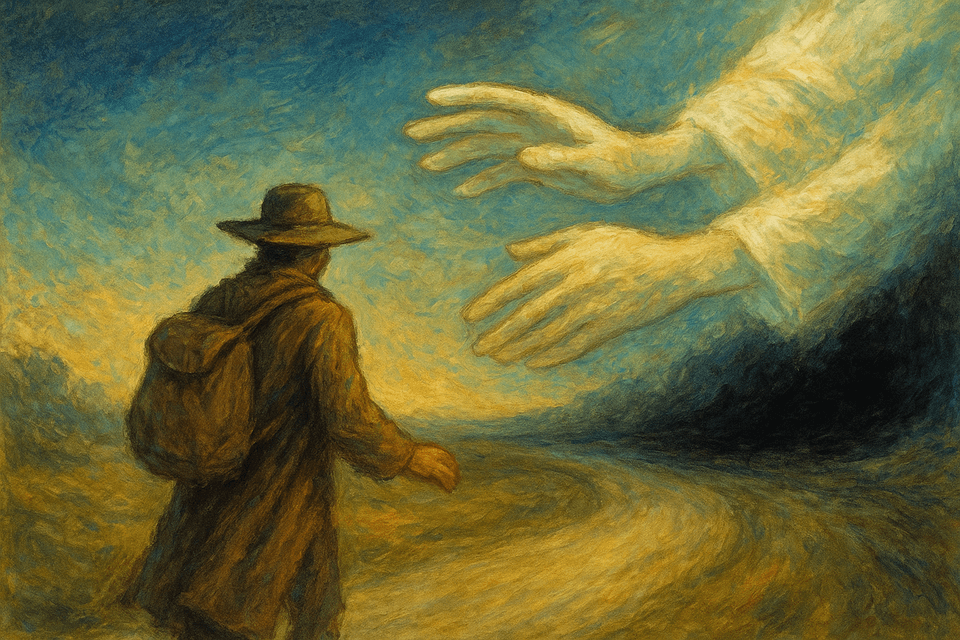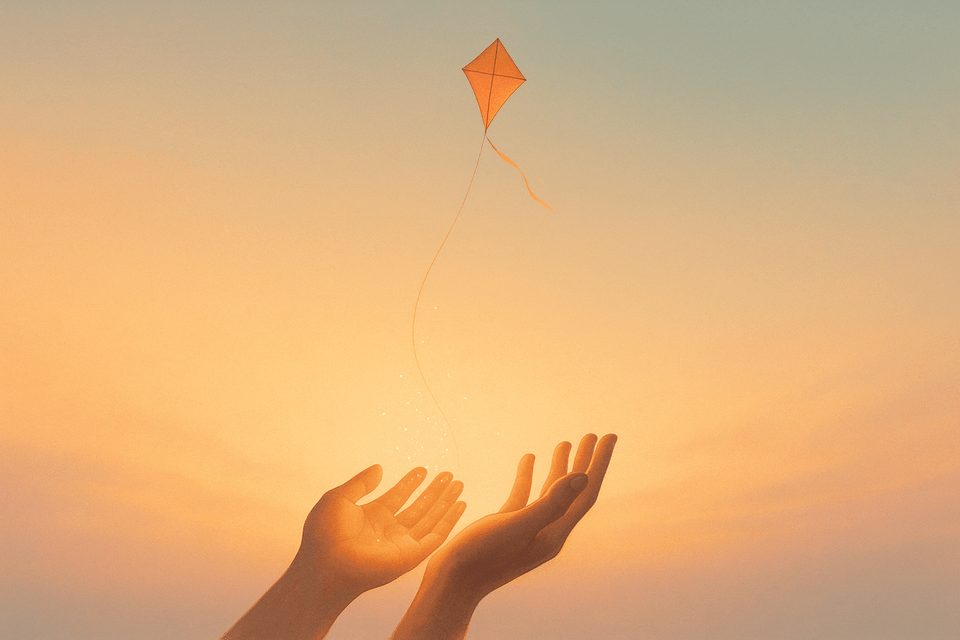
Reflections on Gratitude
There are moments—quiet, unspectacular moments—when awareness catches up to comfort. Today, it happened in the shower. The sound of water striking tile, the warmth cascading down my back, the scent of soap—simple things, so ordinary that they have become invisible. And yet, standing there, I thought about how extraordinary they really are.
How extraordinary it is to have running water at all. Not water fetched from a distant well or rationed from a tank, but water that comes at the turn of a handle—clean, hot, constant. How miraculous it is that I can wash away the day’s dust with something as effortless as a gesture. That I can reach for a bar of soap, a bottle of shampoo, a towel that smells of detergent and sunlight.
When I step out and brush my teeth, the same thought lingers. The toothbrush, the toothpaste—tiny inventions that make me feel human, clean, renewed. The mirror reflects a face that, in some other place or time, might have been marked by labor or deprivation. Here, it is simply another morning.
Downstairs, there is another quiet abundance waiting. Water again, clear from the tap. Bread and eggs. Coffee. Fruit. A fridge that hums softly, preserving food I did not have to hunt or grow. Cupboards that open to reveal possibility: salt, oil, rice, tea. All of it bought with ease, all of it replenished without fear.
There is a car parked outside, a job that earns enough to sustain this rhythm, a roof that holds steady against the rain. I have a bed to lie in, a blanket for warmth, a pillow for comfort. When I am unwell, there are doctors and medicine. When I am restless, there is a gym to move in, a park to walk through, a phone to call a friend.
And yet, most days, I move through these things without noticing them. Comfort has a way of becoming camouflage. The more it surrounds us, the less visible it becomes. I wake, eat, work, rest—forgetting that every step of this cycle is a kind of quiet fortune.
There are people who live entire lives without such constancy. People for whom clean water is a hope, not a guarantee; for whom food is a negotiation, not a certainty. People who sleep under roofs that leak, or none at all. And somehow, in the strange arithmetic of modern life, I forget that what I have would be their abundance.
How fortunate I am to have been born here and not there, now and not then. It is not a matter of merit but of circumstance. I did nothing to earn this starting point, and yet it has given me everything—health, safety, the freedom to choose, even the luxury to desire more.
And that, perhaps, is where gratitude becomes complicated. Because to live in abundance is to risk amnesia. The more we have, the easier it becomes to see only what is missing. Desire multiplies as need disappears. The appetite remains long after hunger has been fed.
I sometimes wonder if this is the quiet neurosis of our age—the dissatisfaction that grows in proportion to our comfort. We call it ambition, progress, drive. But beneath it, perhaps, is something older: the echo of scarcity, a remnant of the times when survival was not guaranteed. It whispers, more, more, even when we have enough.
But enough is not a static measure. It is an awareness, a posture of recognition. Gratitude is not the denial of desire—it is the grounding of it. To be grateful does not mean I must stop wanting; it means I can want without forgetting the gift of what already is.
Tonight, I will return to my bed, draw the blanket over my shoulders, and sleep knowing that I am sheltered, fed, alive. Tomorrow, I will turn the tap again, feel the same warm water, and perhaps remember—just for a moment—how extraordinary the ordinary really is.
And in that remembering, there is peace.


